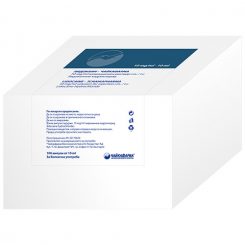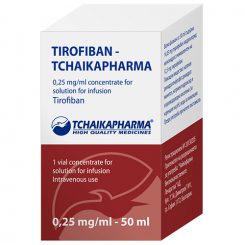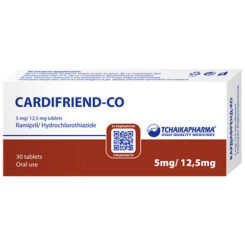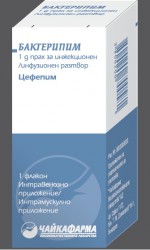Description
Lidocaine – Tchaikapharma contains the active substance lidocaine hydrochloride, which belongs to a group to medicines called local anesthetics. He belongs to the group of so-called antiarrhythmic drugs.
Indications
Lidocaine – Tchaikapharma is used for:
– local anesthesia (anesthesia) during various painful procedures and examinations in surgery, dentistry and others;
– treatment of severe heart rhythm disorders (ventricular arrhythmias), including after myocardial infarction.
Subject to medical prescription.
Concentration and pharmaceutical form: 10 mg/ml; 20 mg/ml solution for injection





